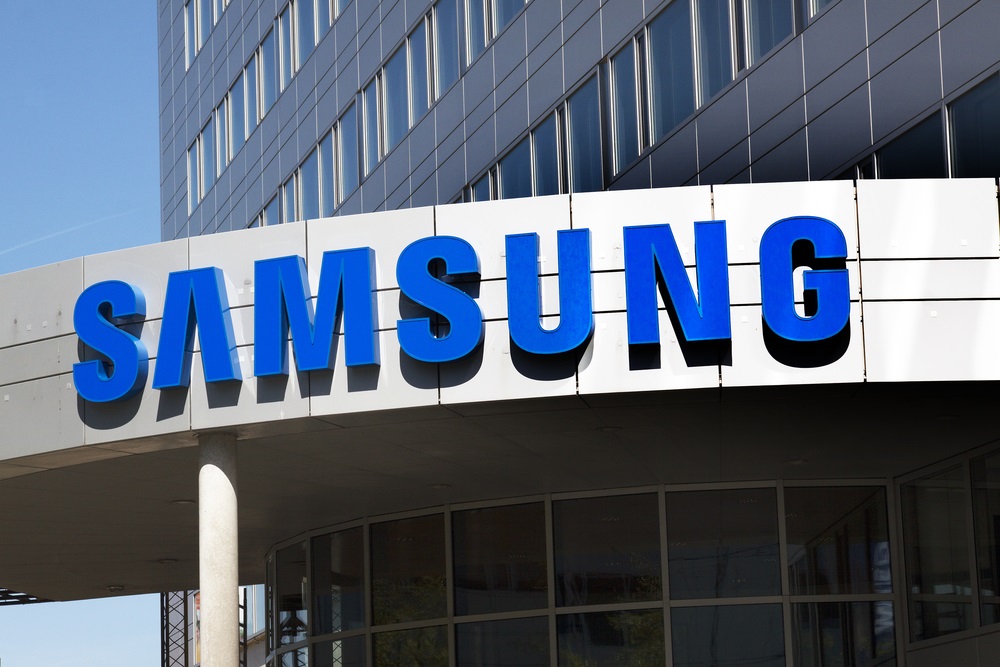Samsung is investing $17 billion in a new facility in Taylor, Texas, to build world-class semiconductors and microchips in a move that could reduce the potential for future supply chain shortages and reduce dependence on manufacturing in China.
It’s the largest foreign direct investment in Texas on record, bringing the company’s total Texas investment to more than $47 billion since it began operations in the U.S. in 1978. The company now has more than 20,000 employees nationwide.
“As we add a new facility in Taylor, Samsung is laying the groundwork for another important chapter in our future,” Kinam Kim, vice chairman and CEO, Samsung Electronics Device Solutions Division, said in a statement. “With greater manufacturing capacity, we will be able to better serve the needs of our customers and contribute to the stability of the global semiconductor supply chain.”
The multi-billion dollar company received a Texas Enterprise Fund grant of $27 million to create new jobs in the region. It also received a $20,000 Veteran Created Job Bonus.
The new plant is estimated to create over 2,000 high-tech jobs, thousands of indirect jobs, and a minimum of 6,500 construction jobs.
Construction is expected to begin in early 2022 with a target of starting operations in the second half of 2024. The site will span more than 5 million square meters and is expected to serve as a key location for Samsung’s global semiconductor manufacturing capacity along with its latest new production line in Pyeongtaek, South Korea.
The $17 billion in capital investments includes buildings, property improvements, machinery, and equipment.
The new facility will manufacture products based on advanced process technologies for mobile, 5G, high-performance computing and artificial intelligence.
“Companies like Samsung continue to invest in Texas because of our world-class business climate and exceptional workforce,” Gov. Greg Abbott said. “Samsung’s new semiconductor manufacturing facility in Taylor will bring countless opportunities for hardworking Central Texans and their families and will play a major role in our state’s continued exceptionalism in the semiconductor industry.”
Mayor Brandt Rydell said Samsung’s decision to build a new semiconductor fabrication plant in Taylor “is the single most significant and consequential development for the local economy since the International & Great Northern Railroad laid tracks here in the 1870s. The City of Taylor is honored to have been selected by Samsung as the site for this critically important project, and we look forward to a long-lasting and mutually-beneficial relationship between our community and the company.”
Williamson County Judge Bill Gravell said, “With the addition of Samsung on the east side of our county, Apple on the west side, and Dell Computers World headquarters in the center, Williamson County is now home to the technology superhighway of the world.”
After reviewing multiple locations in the U.S. for a potential manufacturing site, the decision to invest in Taylor was based on multiple factors, the company says, including the local semiconductor ecosystem, infrastructure stability, local government support, and community development opportunities. Additionally, the proximity to Samsung’s current manufacturing site in Austin, about 25 kilometers southwest of Taylor, allows the two locations to share the necessary infrastructure and resources. The Austin site has been in operation for 25 years.
As part of its co-investment in the community, Samsung also plans to also contribute financial support to create a Samsung Skills Center for the Taylor Independent School District to help students develop skills for future careers as well as providing internships and recruiting opportunities.
This article was originally posted on Samsung makes largest ever investment in Texas: $17 billion in new facility in Tayler











More Stories
New Jersey committee approves bill that includes unemployment insurance tax credits for small businesses
71% of West Virginia small businesses struggling to find workers
Ohio unemployment improves; group warns of slowdown